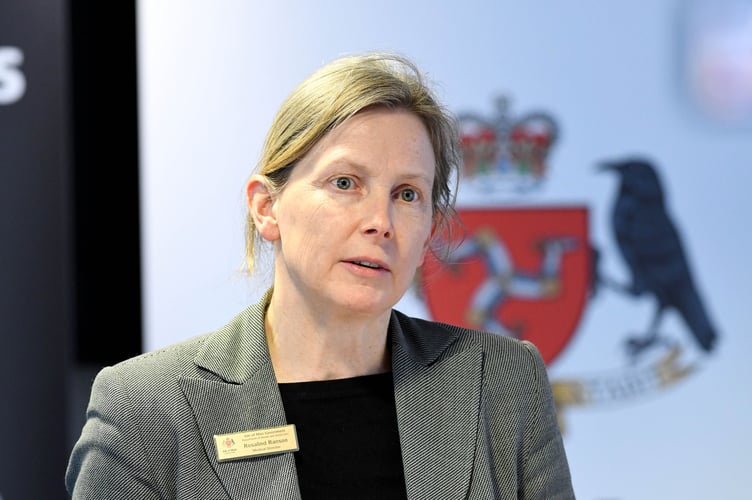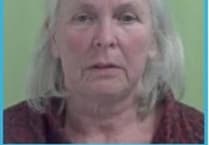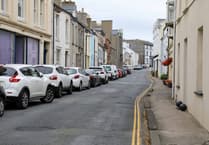The Covid review vindicates the stance taken by unfairly dismissed medical director Dr Rosalind Ranson – but rejects her claim that her advice was withheld from Ministers.
Dr Ranson was awarded £3.19m in compensation in May last year after an employment tribunal found she was unfairly sacked from her job as the island’s top medic.
Giving evidence to the public accounts committee investigating the government’s response to the Covid pandemic, she said she had advised as early as March 16 that the borders should be closed and claimed senior doctors’ advice was not being passed on to Ministers.
It was not until March 27 that the borders were closed to all arrivals except those required for critical national infrastructure or for the preservation of human life.
Kate Brunner’s Covid report reveals the Dr Ranson did give evidence, confidentially, to the inquiry team.
It finds: 'Medical Director Dr Ranson had a dramatic effect on the island’s handling of the pandemic.
'She filled a gap as the Director of Public Health was not leading the pandemic response and there was no formal advisory group in the command structure.
'That gap posed a serious risk to the Island. It is likely that the Isle of Man would have kept its borders open for longer without her input.
'It is not an exaggeration to say that her intervention saved lives.'
The report points out that it has not sought to reinvestigate the conclusions of the tribunal.
But on the critical point of whether the advice from clinicians including Dr Ranson about border controls reached CoMin on March 16 2020, which the tribunal found that it did not, the review is satisfied that it did.
The report said the Manx government made a ‘serious strategic error’ on March 12 when it followed the UK into a ‘delay’ strategy and abandon community testing. This, says the inquiry team, was ‘nonsensical’ on an island where there were no detected cases.
In the event, following a Council of Ministers’ meeting on March 16, the island changed course dramatically, moving away from the Public Health England stance and taking a much more robust approach.
The dramatic move away from UK strategy was driven by clinicians, chaired by Medical Director Dr Ranson,
Her slide presentation provided to CoMin included the option to close the borders.
The Covid inquiry report finds that officers did not withhold clinicians’ advice about closing the border from Ministers, as Dr Ranson maintains.
Rather, it says, by March 16 the position of DHSC was to support border closures, in line with clinicians’ views, and Health Minister David Ashford advocated for border closure at that day’s CoMin meeting.
But in the event Ministers did not agree to close borders, but instead opted to quarantine all new arrivals.
The report say the Review is satisfied from a close analysis of material that there was no ‘toning down’ of the core of the message, that urgent action needed to be taken.
The decisions to control and then close the borders were radical decisions that undoubtedly saved lives. However, it adds, the borders should have been controlled or closed earlier than they were.
But the report says it is wrong to blame any individual for the timing of the decision to close borders and it is clear that all those involved were striving to protect the island, and grappling with extremely difficult decisions.
It says it was reasonable for CoMin to decide on March 16 to quarantine arrivals rather than close borders as the latter move would have serious ramifications.
However, Ministers waited until the first positive case was confirmed, But the report says it is highly likely that the virus was already circulating freely by early March.
The decision to close borders to non-residents was announced at a press conference at 4pm on March 22 and then on March 25 CoMin decided to extend the border closure to include residents.
The last to arrive, save for those involved in critical national infrastructure or for the preservation of human life, were 67 passengers on the Ben-My-Cree who sailed into Douglas on the morning of Friday March 27.




